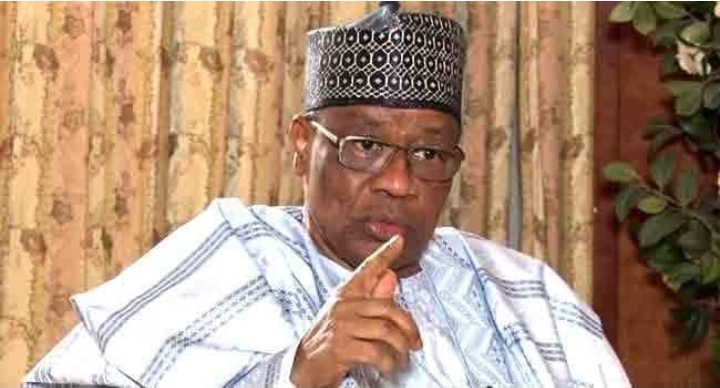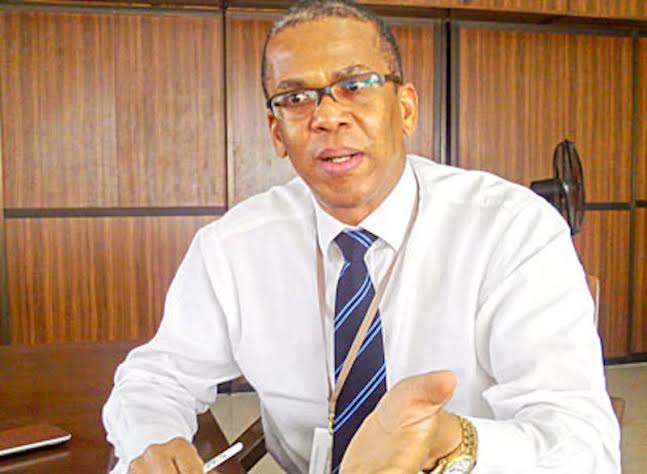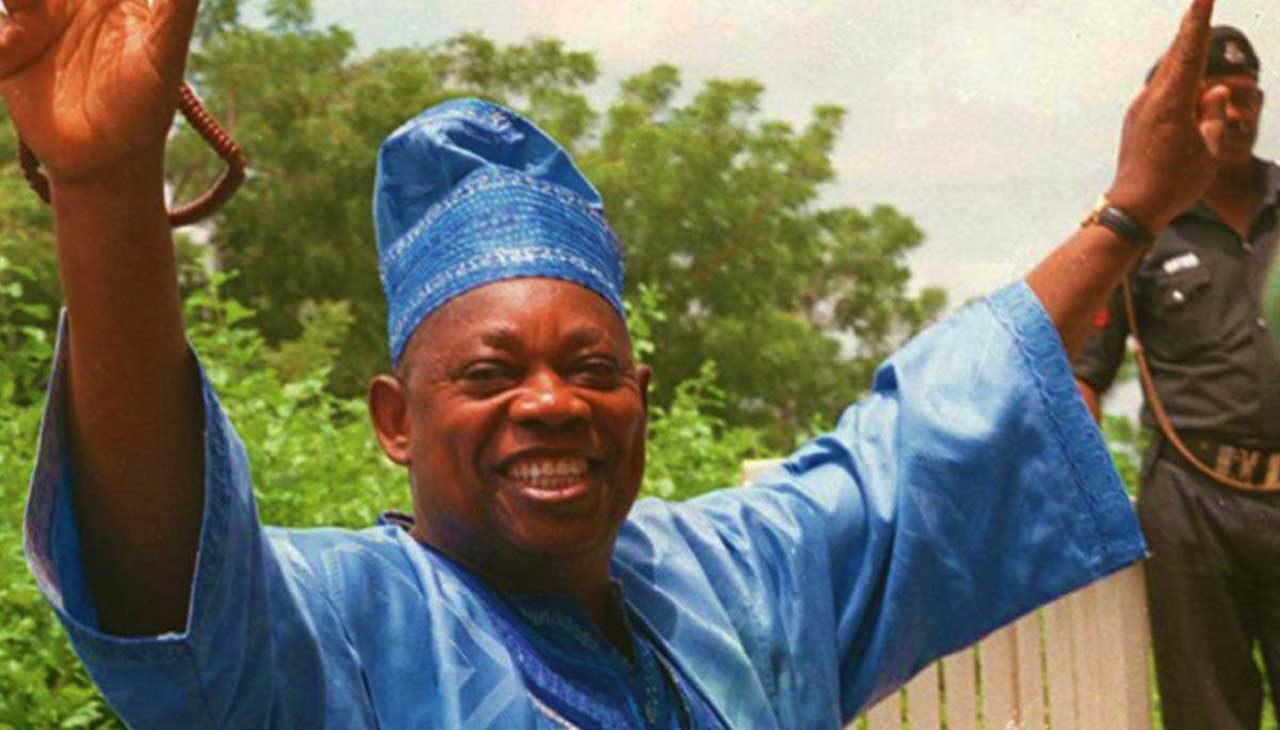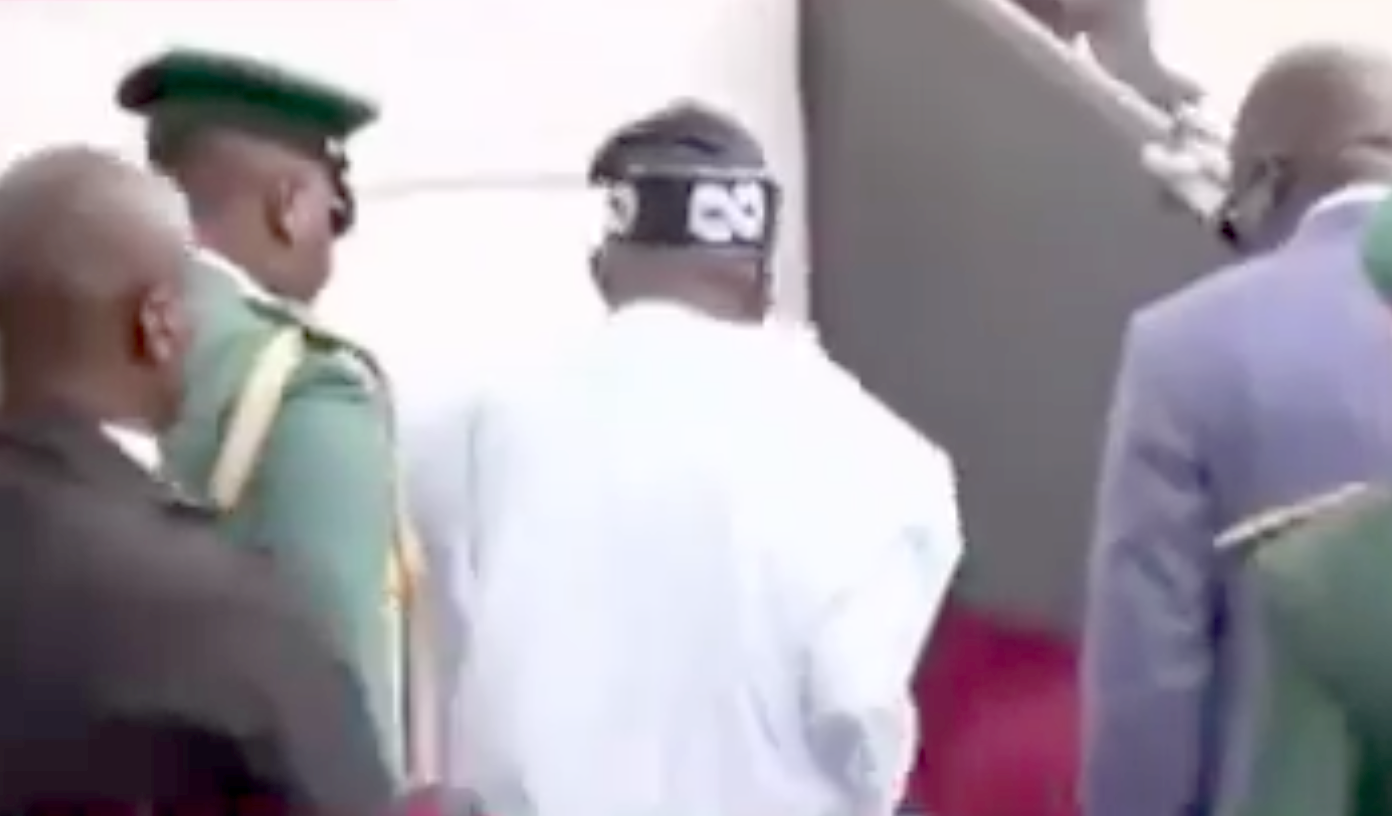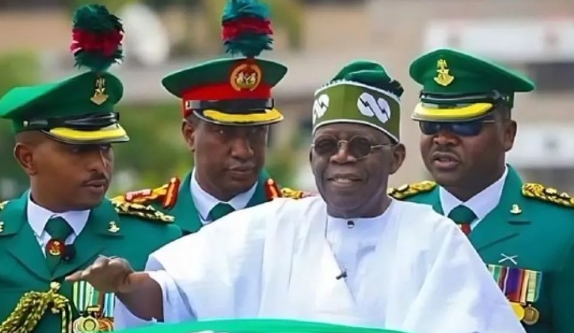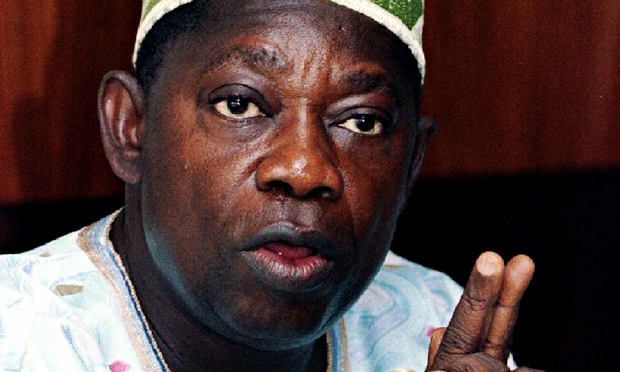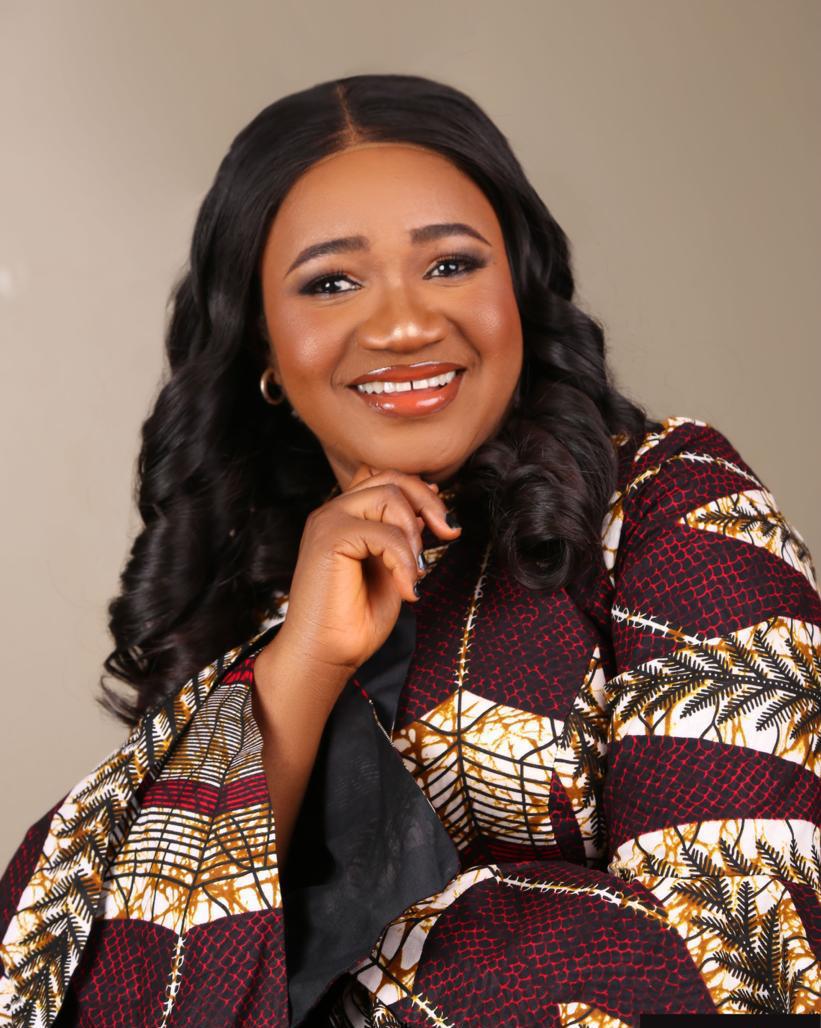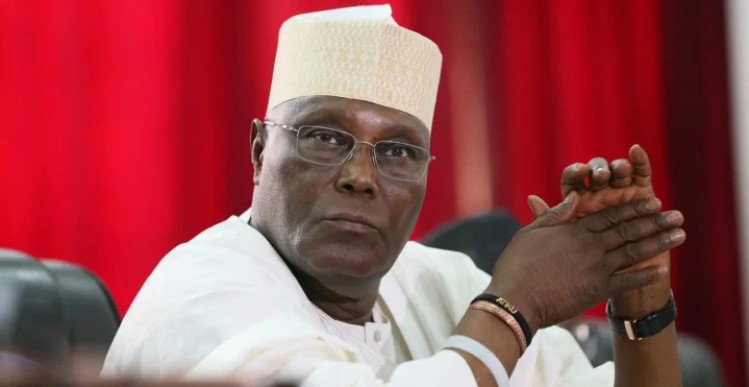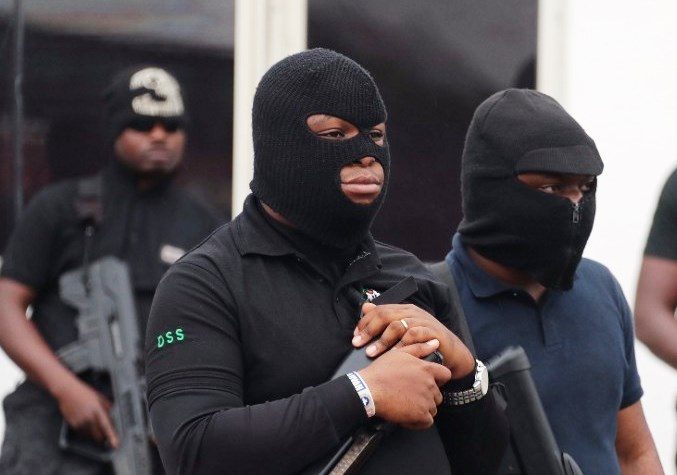It’s been 31 years since a seismic event triggered by the June 12, 1993 election nearly brought Nigeria to its knees. The presidential candidate of the Social Democratic Party (SDP), M.K.O Abiola, was on the cusp of a resounding victory when the military government of General Ibrahim Babangida interrupted and later annulled the election.
That action sparked nationwide protests that ultimately consumed Babangida’s government and his successor, General Sani Abacha. It set the stage for a transition that, over Abiola’s dead body, produced Nigeria’s luckiest former military leader, Olusegun Obasanjo, as civilian president in 1999.
Every May – and later June – since then, Nigeria has marked its successful transition to democratic rule, the most extended 25 years of unbroken civilian administration in its 64-year history.
How far?
But the lingering question remains: how democratic have we truly become? If the martyrs of June 12 could witness the nation’s current state, would they have made the same sacrifices? Is this the Nigeria that the survivors, still bearing the scars of the struggle, fought for? Would some of the beneficiaries, now in their 30s, sometimes question the validity of the struggle? Do they even care or remember? These are complex questions with no easy answers.
This week, I read two significant articles that left no doubt that Nigeria is in a tough place. The point of the articles is that democracy is more than campaign promises, more than periodic elections, and much more than the absence of military rule. It’s a system that is currently under severe strain in our country.
The first, by the New York Times, was entitled, “Nigeria Confronts Its Worst Economic Crisis in a Generation.” Citing the widespread hardship, the newspaper said, “Nigeria is facing its worst economic crisis in decades, with skyrocketing inflation, a national currency in free-fall and millions of people struggling to buy food. Only two years ago, Africa’s biggest economy, Nigeria, is projected to drop to fourth place this year.”
A country adept at coping with misery, the paper said, appears to have reached its wits end.
The second article was by Jonathan Power, one of Europe’s most knowledgeable writers on foreign affairs and a friend of Obasanjo.
In his article this week, “Democracy on the Run?”, Power cited Freedom House and several other reports that indicated a qualitative and quantitative decline of democracy in several countries, including Nigeria, because of “a lack of vigorous policy implementation and good public administration.”
We know what we know
We don’t need foreign newspapers to tell us. The daily lives of most Nigerians today, whether at home, school, work or in the market, tell the story unedited. And folks are beginning to ask, first in whispers and now in louder, angrier tones, what is the point of democracy that does not put food on the table?
China is not a democracy, but it runs a system that has lifted millions out of poverty and has created the largest middle class in the world. Its science, technology and infrastructure investment makes the United States look like a third-world country. Nor was Singapore a Western-type democracy when it leapt from third to first world under Lee Kuan Yew. And Libya’s best years yet were under Moammar Ghaddafi.
Impatience with democracy has also led to a rash of military coups in several African countries – actually seven in three years in West and Central Africa – led by soldiers who seem to be succeeding in dragging the continent back to the era of military demagogues.
They use the same messianic rhetoric, but only this time, they are succeeding far more easily because, as we say, reason flees the head when hunger enters the stomach. Flawed elections are making matters worse.
Matter of framing
But are we framing the question correctly? Is autocratic rule in whatever guise – including the Rwandan variant that extends one-person rule in the middle of the game – superior to democracy simply because of stability and an appearance of material prosperity?
And, in any case, is the problem with democracy, or is it a matter of performance? In other words, isn’t it the quality of governance that makes democracy meaningful?
For all its progress, and it’s a lot, I would still not trade democracy for autocracy – whether it’s of the variety of its poster boy, China; its latter-day nationalistic face, Russia; or its pseudo-domesticated cousin, Rwanda.
Nigeria is far from the promise of 1993 or 1999, but it has produced some of the world’s most insulted presidents who, by and large, we can still call goats and get away scot-free. That’s not a trophy. It’s not a substitute for bread and butter, either. But you never know the value of free speech, association or movement until these rights have been abridged or taken away.
World not smiling
The point is weariness – not necessarily with democracy, but with performance – is not only a Nigerian thing. A Pew Research Center study in December 2022, which covered 19 countries from Sweden and Singapore to Canada and from the UK and South Korea to the US, France and Spain, showed mixed outcomes in satisfaction with democracy and political efficacy.
While only 20 percent were not satisfied in Sweden, and 43 were not in Canada, for example, the figure in the UK was 46 percent, 56 percent in France, 62 percent in the US, and 68 percent in Spain. The 19-country median was 48 percent – a weak pass.
Citizens were generally dissatisfied by polarisation, exclusion, inequality, corruption and lack of trust.
Nigerians are unhappy, not with democracy, but with the failure of performance. For example, an Afrobarometer survey of 2022 showed that while 70 percent of Nigerians prefer democracy, 77 percent of the population are unhappy with the quality of governance. If that same survey were conducted today, the figures would be starker.
But that is understandable. Two significant decisions by President Bola Ahmed Tinubu’s government – the partial removal of petrol subsidies and the floating exchange rate – have had the unforeseen effect of significantly worsening hardship. On top of that, when the government calls on citizens to tighten their belts, some public officials appear to be living it up with large convoys, personal aides and extravagant foreign trips.
It’s precisely this feeling among citizens of baboon “working” and monkey “chopping” that has given democracy a bad name.
Tinubu’s luck
Tinubu made his own luck by asking for the job of president at what would always be one the worst times in Nigeria’s history in a generation. Of course, there are broader issues like weak institutions, ineffective governors, election fraud, and a deep feeling among voters that elections are useless to remove bad leaders, not to mention limited faith in the judiciary. These issues require the collective effort of citizens, leaders, and institutions to solve them. But in the end, one man leads.
What Tinubu makes of it – not only through his speeches but, more importantly, through his performance – in the next one or two years will determine what is left of the heavily eroded confidence in democracy. He can’t afford to fail.
Ishiekwene is Editor-In-Chief of LEADERSHIP and author of the new book, Writing for Media and Monetising It.
